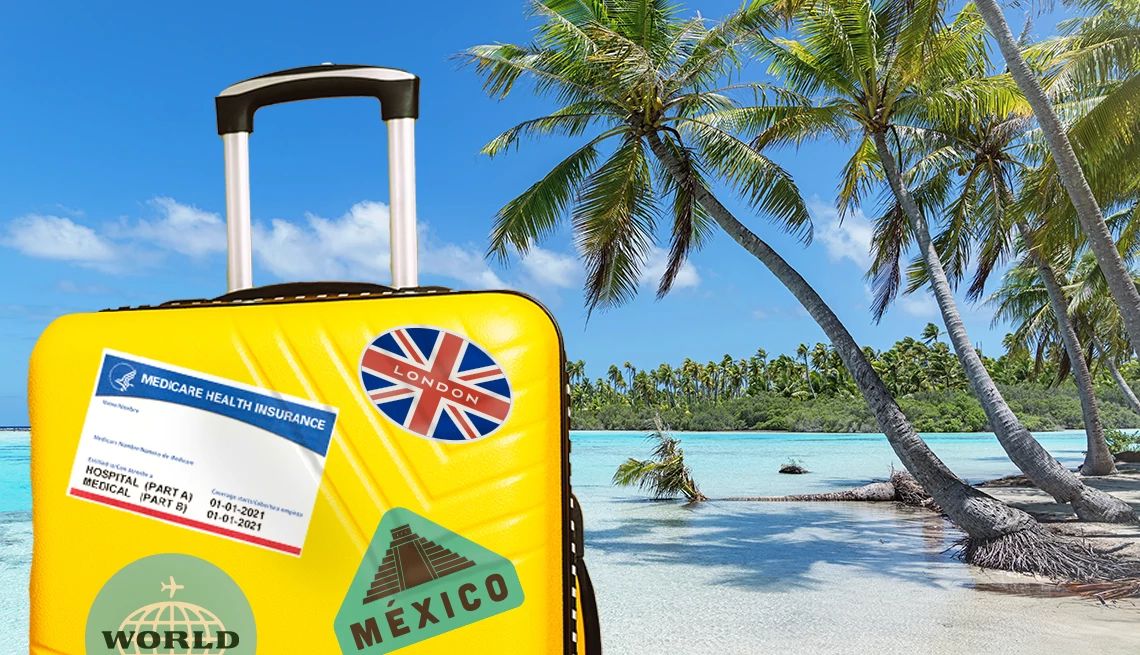AARP Hearing Center


Medicare doesn’t pay for medical services outside the United States or its territories, except in very limited circumstances, including if:
- You experience a medical emergency while traveling between Alaska and another state and a Canadian hospital is closest to your location.
- You face a medical emergency while you’re in the United States or one of its territories, but the nearest hospital is across the border, for example in Canada or Mexico.
- You live in the United States or one of its territories and need hospital care, regardless of whether it’s an emergency, but the nearest hospital is in a foreign country.
- You need medical attention and you’re on a ship within six hours of a U.S. port.
Medicare covers all 50 states and the District of Columbia as well as U.S. territories American Samoa, Guam, the Northern Mariana Islands, Puerto Rico and the U.S. Virgin Islands.
What kind of care outside the U.S. will Medicare cover?
In rare situations, Medicare Part A will cover inpatient hospitalization and Medicare Part B will cover emergency ambulance and doctor services immediately before and during your hospital stay.
Plan for your big trip
• Medicare while on vacation
• Medicare coverage outside USA
• How to pick travel insurance
• Thinking about flight insurance?
• Members only: Stream TV abroad
The same deductibles, copayments and coinsurance apply as for services in the U.S. But coverage is limited: Medicare won’t pay for ambulance or doctor services in the foreign country after your covered hospital stay ends.
If you qualify, the foreign hospital may file a claim with Medicare, but it’s not required to do so. In that case, you may need to submit an itemized bill to Medicare. If you receive care on a cruise ship within six hours of a U.S. port, the attending doctor usually submits the Medicare claim.
Do Medicare supplement policies cover foreign travel?
If you buy a private Medicare supplement policy, better known as Medigap, you may be insured for foreign travel emergencies. Medigap plans C, D, F, G, M and N cover emergency health care while traveling outside of the country. But plans C and F are no longer available to new Medicare beneficiaries; only those eligible for Medicare before 2020 can enroll in plans C and F.
Medigap plans cover foreign travel emergency care that begins in the first 60 days of your trip. They pay 80 percent of the billed charges for specific medically necessary emergency care you receive outside the U.S., but you must first pay a $250 deductible for the year. Medigap’s foreign travel emergency coverage has a lifetime limit of $50,000.




































































Next in Series
Does Medicare Cover Nutrition Counseling?
Free dietitian visits for diabetes or kidney disease